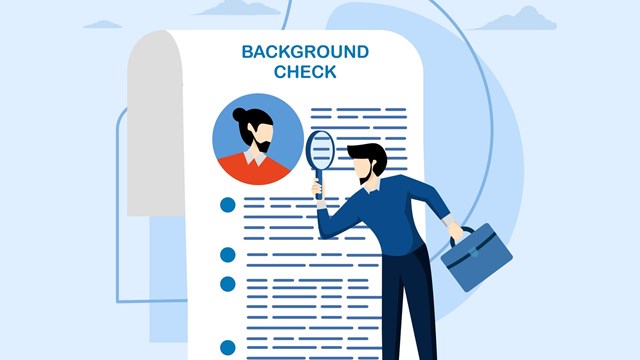Subsequently, I reviewed the share distribution list in the original offering plan and discovered that my apartment had been allocated 20 shares for a garage but that no garage had been assigned to my unit. Two other units in the cooperative do have garages assigned but no additional shares allocated to them.
When I brought this discrepancy to the attention of the managing agent, I was told that an error had been made at the time of the conversion in 1985, and that nothing could be done to rectify the error at this time. I have written to the co-op board president and secretary and to the managing agent as well asking for rectification, either (1) in reduction of my share allocation, or (2) in assignment of a garage to my apartment. After the issue was discussed at the board meeting, the board’s attorney responded essentially that there is nothing that can be done. I am being overcharged $104 per month for a garage that I do not have. What recourse do I have?
—Cheated in Chelsea
“Challenges to share allocation years after the conversion generally fail. In fact, in most circumstances a board would not be able to reallocate fewer shares to an individual shareholder as it would necessarily increase other shareholders’ maintenance obligations, in breach of most proprietary leases. Boards are not protected by the cloak of the omnipresent business judgment rule (a principle of law allowing them considerable leeway in most decisions regarding the management of the co-op) if they act in contradiction of the proprietary lease.
“However, in one New York County lower court case from 1997, Goodman v. 225 East 74th Apartments Corp., the court allowed a reallocation claim where a mutual mistake was established. In Goodman, plaintiffs purchased shares appurtenant to what plaintiffs thought was a two-bedroom apartment that was occupied by a rent-stabilized tenant at the time. When the tenant moved out many years later, plaintiffs discovered that the apartment was in fact a studio, not a two-bedroom apartment.
“Depending on the facts and the governing documents, the writer may be able to make out a case under the theory of mutual mistake. However, because the writer was aware that gaining the use of a garage was not happening at the time of the purchase of the unit, as evidenced by the proprietary lease, a court may determine that this case was simply a unilateral mistake (a failure in due diligence). Unfortunately for the writer, it is likely that the writer will have no recourse against the cooperative.”







Leave a Comment